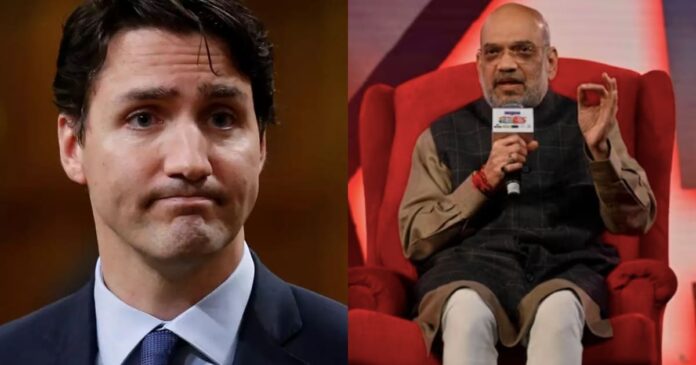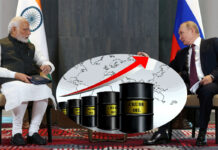In a scathing response to Justin Trudeau’s assertions regarding the Nijjar killing, Amit Shah delivered a brutal reply, challenging the Canadian Prime Minister’s claims. The exchange adds tension to the diplomatic discourse between the two leaders, as Shah counters Trudeau’s statements on a contentious issue. The retort showcases a robust and assertive stance from the Indian Home Minister, escalating the verbal clash over the sensitive matter.
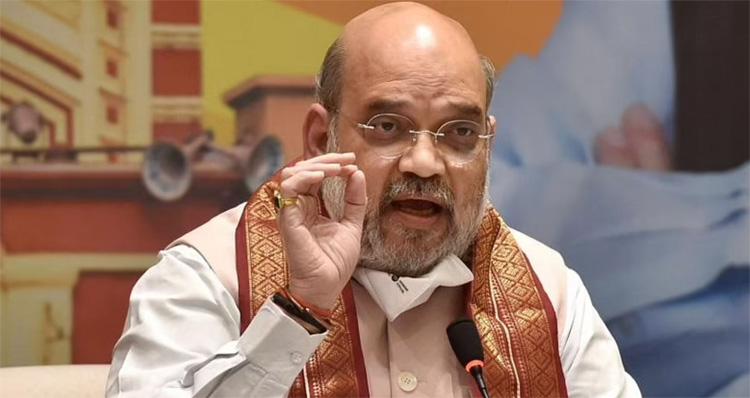
Amit Shah Rejects Trudeau’s Allegations on Nijjar’s Killing
On Thursday, Union Home Minister Amit Shah restated India’s position on the killing of Khalistani separatist Hardeep Singh Nijjar and categorically dismissed Canadian Prime Minister Justin Trudeau‘s claim of the “potential” involvement of Indian agents in the murder. Shah, in a robust response, rejected Trudeau’s allegations, emphasizing India’s stance on the matter. This underscores the ongoing diplomatic tension between the two nations, with Shah firmly asserting India’s position on the controversial issue.
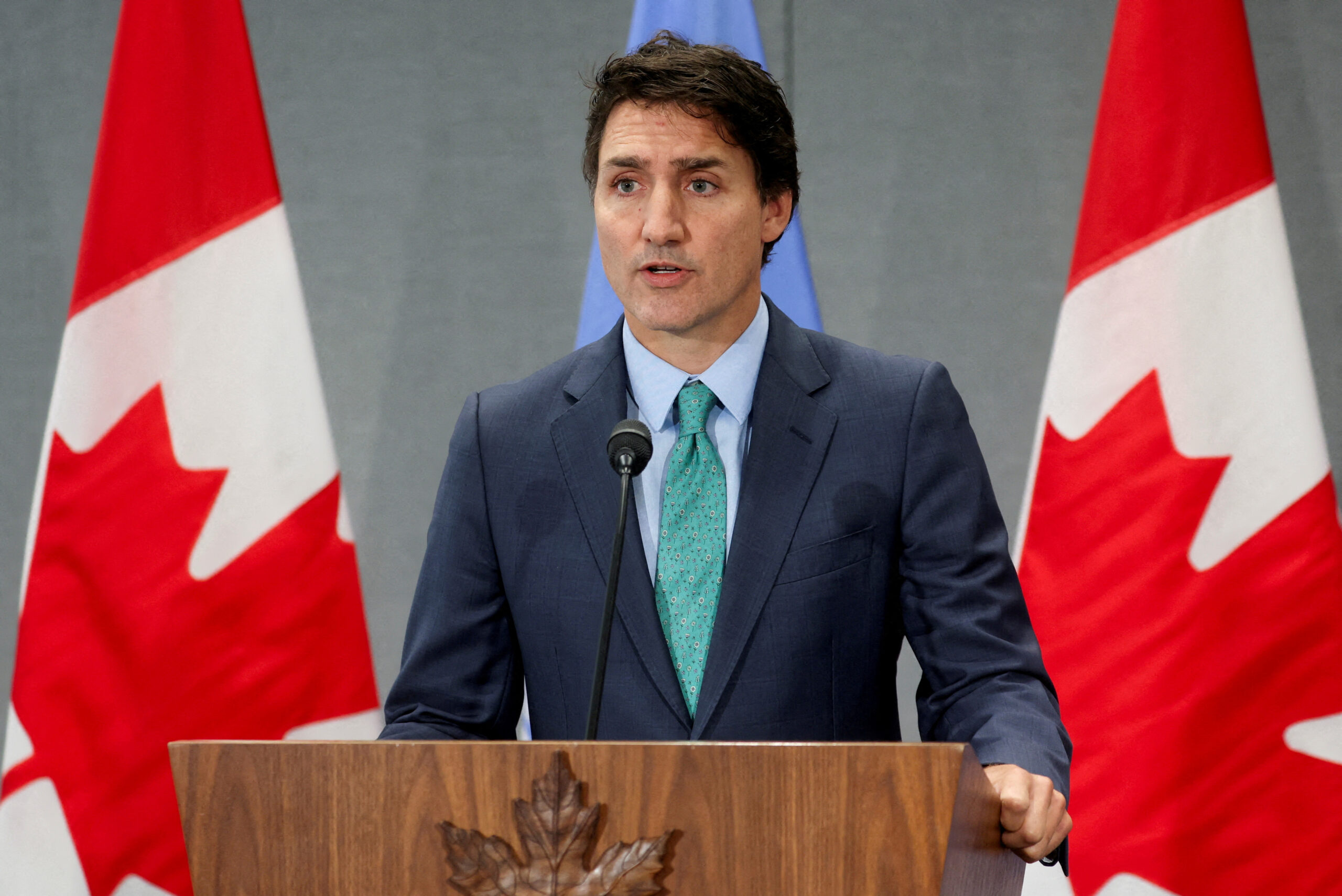
A day after Canadian Prime Minister Justin Trudeau publicly alleged a potential link between the Indian government and the killing of Hardeep Singh Nijjar, Union Home Minister Amit Shah responded. Shah’s statement refuted Trudeau’s claims, emphasizing India’s stance on the matter. Trudeau had acknowledged making these allegations to deter a repeat of similar actions. This exchange highlights the ongoing diplomatic tension and differences between the two nations regarding the sensitive issue.
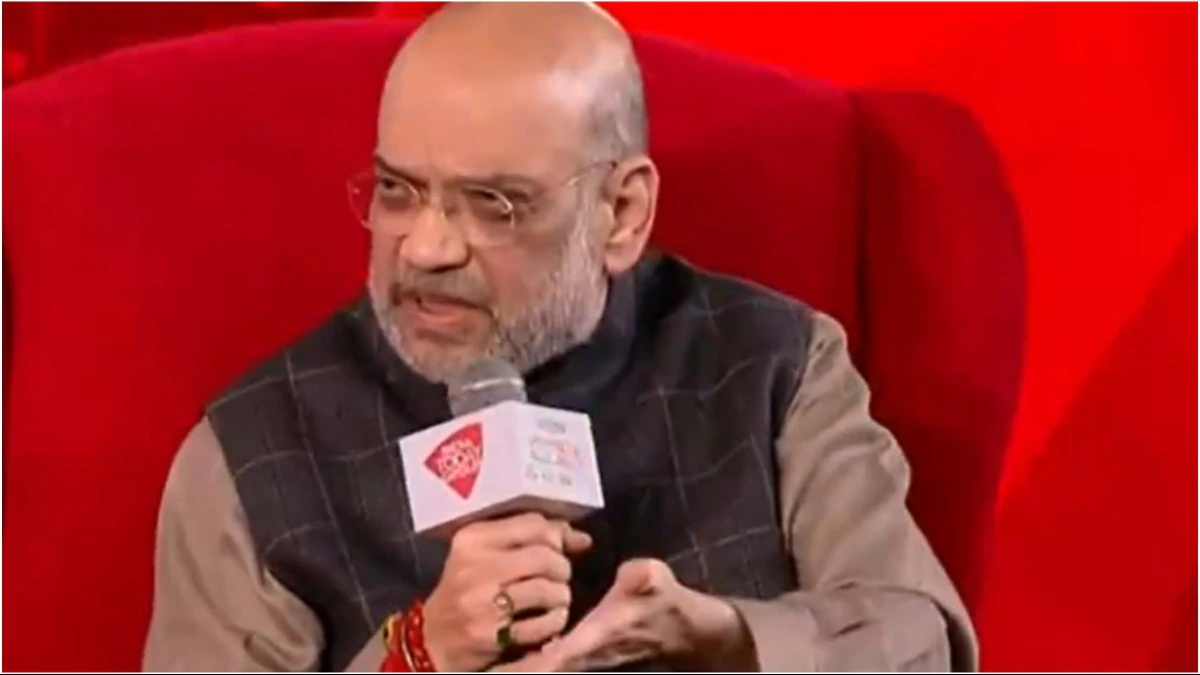
During a news channel Aaj Tak conclave, Union Home Minister Amit Shah vehemently dismissed allegations regarding the killing of Nijjar on June 18 in Surrey. Shah questioned, “What are terrorists wanted in India doing in Canada?” Emphasizing the denial of these allegations, he urged the Canadian government to provide explanations for the presence of individuals sought for terrorist activities in India on Canadian soil. This underscores Shah’s firm stance and seeks clarity on the perplexing situation surrounding the accused terrorists.
“We have completely denied these allegations. They (the Canadian government) should also answer what terrorists wanted in India were doing in Canada,” stated Shah.
Fallout from Trudeau’s Accusations Affects Canada-India Relations
Canada-India relations faced significant tension after Trudeau’s September 18 accusations of the “potential” involvement of Indian agents in Nijjar’s killing in British Columbia. India had officially labeled Nijjar as a terrorist in 2020. This strained dynamic highlights the diplomatic challenges between the two nations, stemming from Trudeau’s statements and India’s counteractions regarding the sensitive matter.
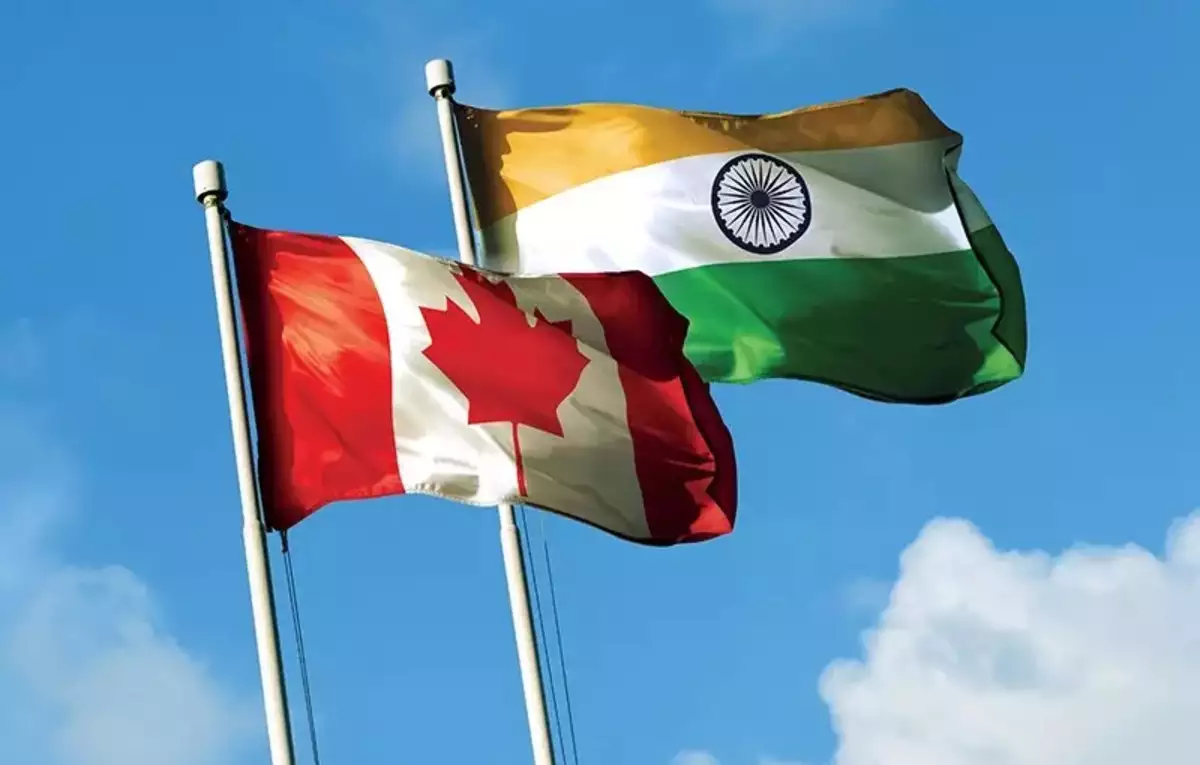
India dismissed Trudeau’s claims as “absurd” and “motivated.” In response to the allegations made in September, India temporarily halted the issuance of visas to Canadian citizens. The resumption of some visa services in Canada occurred last month, marking the end of a suspension that lasted over a month. This sequence of events underscores the diplomatic fallout between the two nations and India’s measured response to Trudeau’s contentious assertions.
What Justin Trudeau said?
In an interview with The Canadian Press news agency on Wednesday, Trudeau disclosed that he opted to announce the information on September 18 due to his anticipation that the details would eventually be leaked to the media. The prime minister clarified that the message delivered in the House of Commons that day served as an “extra level of deterrence” to enhance the safety of Canadians.
Trudeau explained that his public statement followed weeks of engaging in “quiet diplomacy,” during which he raised the allegations with India at the highest levels. This sheds light on Trudeau’s proactive approach to address the sensitive matter through various channels.

In expressing the challenges and objectives, Trudeau stated, “We knew it would be difficult conversations, but we also knew that this was an important moment for India to be demonstrating its leadership on the world stage with the G20, and we felt that we could use that as a constructive opportunity to work together. Too many Canadians were worried that they were vulnerable.” He emphasized the constructive potential in utilizing this moment for collaborative efforts. Trudeau highlighted the concerns of many Canadians about their vulnerability.
Trudeau Reveals Warning to India, Amit Shah furious!
Additionally, he revealed that Canada had forewarned India about the eventual disclosure of information. Despite managing diplomatic discussions leading up to the G20 summit, Trudeau acknowledged the limited control beyond that point. This narrative underscores Trudeau’s strategic considerations and the complexities involved in diplomatic interactions.

During the interview, Trudeau conveyed Canada’s intention to disclose evidence in a manner similar to the US, “when we reach those points in the investigation.” He acknowledged that US authorities had initiated their investigation into attempted murder at an earlier stage. This statement reflects Trudeau’s commitment to transparency and parallels the approach taken by the US in revealing evidence as the investigation progresses. It also highlights the differences in the timelines of the investigations between the two countries.

